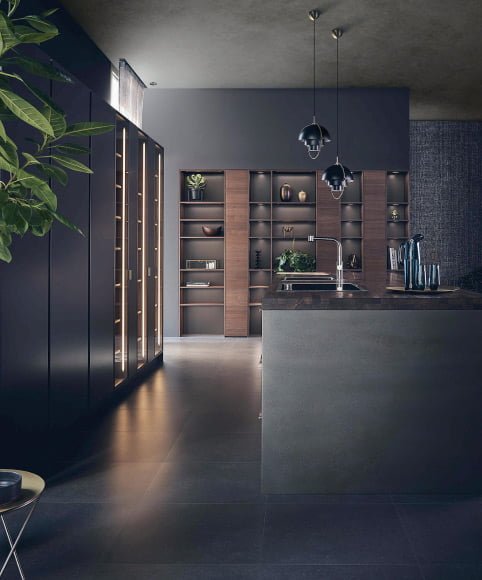

POPULAR QUESTIONS
Frequently asked questions from support
Frequently asked questions on kitchen and bathroom design and remodeling services
Pre-Construction
Pre-construction is the initial phase of a construction project, involving planning, feasibility studies, budgeting, and design assessment to prepare for construction.
Pre-construction planning encompasses site analysis, budget development, project scheduling, risk assessment, and procurement strategy.
A pre-construction budget is developed by estimating costs for labor, materials, equipment, permits, insurance, taxes, and contingencies based on project specifications.
Value engineering is a systematic approach used in pre-construction to optimize project costs while preserving quality and performance. It explores alternative materials and methods.
During pre-construction, decisions regarding construction methods and materials are made based on project requirements, cost-effectiveness, durability, and sustainability.
Yes, we can, but it is a lengthy and expensive process to get an accurate match. We have to send out a sample of your existing finish for color matching. This can take 6 to 8 weeks in addition to cabinet production time.
In the pre-construction phase, the necessary permits and approvals are identified and obtained, which may include building permits, zoning permits, environmental clearances, and safety approvals.
Site assessment involves evaluating the condition of the construction site, identifying potential challenges, and assessing soil quality, utilities, and environmental impact.
Pre-construction risk management involves identifying potential issues and developing contingency plans, such as setting aside funds for unforeseen problems.
After The Contract Is Signed
After signing a construction contract, clients often want to know the detailed project timeline, including start and completion dates, as well as major milestones.
Clients may inquire about the process for handling change orders, including how changes in project scope, materials, or design are addressed, approved, and communicated.
Clients often seek clarification on the payment schedule and invoicing process, including when payments are due, how they’re calculated, and the documentation required for each payment.
Clients typically want to know how they will stay informed about project progress, including the frequency and methods of communication, and how they can raise concerns or ask questions.
Questions related to quality control and inspections may include how the quality of work is ensured, how inspections are conducted, and what procedures are in place to address any deficiencies or defects.
Miscellaneous
Clients might inquire about the flexibility to make design changes or modifications to the project once it’s underway, including the impact on the timeline and budget.
Clients may want to know how unforeseen issues, such as weather delays or unexpected structural problems, will be addressed and what contingency plans are in place.
Clients might ask about safety measures, security of the property, and how the construction site is managed to ensure the well-being of all parties involved.
Clients could inquire about the warranty on completed work, as well as post-construction support, maintenance, and what to do in case of issues or defects.
Clients may want to know the process for the final walkthrough, inspection, and project handover, including reviewing the work, addressing punch list items, and receiving project documentation and keys.
